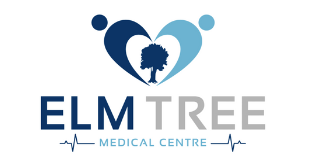Everyone working for the Practice has a legal duty to keep information about you confidential. All our staff have signed confidentiality agreements, which ensures that this is the case. The practice complies with data protection and access to medical records legislation. Identifiable information about you may need to be shared with others.
You may be receiving care from other people as well as from the Practice. So that we can all work together for your benefit, we may need to share some information about you. We only ever use or pass on information about you if people have a genuine need for it. Whenever we can, we shall remove details which identify you.
Anyone who receives information from us is also under a legal duty to keep it confidential. The main reasons for which your information may be needed are
- Giving you health care and treatment
- Looking after the health of the general public
- Managing and planning practice services
For example:
- Making sure our services can meet patient’s needs in the future.
- Preparing statistics on performance and activity (steps will be taken to ensure you cannot be identified).
- Investigating complaints or legal claims,
- Research approved by the Ethics Committee (If any research would involve you personally, you will be contacted for your consent).
If you have any concerns or objections about other parties having access to your medical records please notify the practice. Your wishes will be respected.
Freedom of Information
Information about the General Practioners and the practice required for disclosure under this act can be made available to the public. All requests for such information should be made to the practice manager.
Access to Records
In accordance with the Data Protection Act 1998 and Access to Health Records Act, patients may request to see their medical records. Such requests should be made through the practice manager and may be subject to an administration charge. No information will be released without the patient consent unless we are legally obliged to do so.
